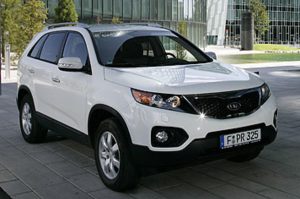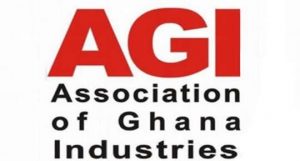The Ghana Infrastructure Investment Fund (GIFF) says it has so far invested $290 million in 12 infrastructure projects across seven sectors of the economy, over the last four years.
According to its Chief Executive, Solomon Asamoah, government through the fund would seek to address the infrastructure deficit by creating a permanent capital investment vehicle.
Speaking at a workshop organized on the adoption of green building practices, Mr. Asamoah said his outfit will adopt climate friendly policies.
“We have till date, over the past four to five years invested some $290 million and we have about 12 projects under our portfolio which includes financing the new airport terminal three. We’re trying to make sure Ghana’s infrastructure improves and we’re also trying to make sure Ghanaian entrepreneurs and sponsors benefit from the investments that we make.’
“We also want to make sure that all our projects are climate friendly, sustainable and do not damage the environment. To continue our mandate, we’re looking at addressing the silent crisis going on with university accommodation,” he said.
GIIF is collaborating with the International Finance Corporation (IFC) under the World Bank Group, on accelerating the adoption of green building practices through promotion of voluntary green building certification programmes, based on the EDGE software, standard and certifications system.
Engaging the media, Project Lead for Kenya, Nigeria and Ghana, Dennis Quansah said “GIFF now will ensure that all projects finance will be certified green and then we will come in to support the developer, provide them with the necessary training and guidelines. Even after a project is certified green, we’ll still go ahead to help the developer with marketing strategies and business development ideas to help them develop their company”.
“We want to ensure that aside the monetary benefits, they should get other benefits”, he added.
Meanwhile, Executive Secretary of the Ghana Real Estates Developers Association, Samuel Amegayibor says members of the association have not fully adopted green construction.
“Over here in Ghana, we haven’t embraced it fully. There are several contributing factors. The problem has always been with cost, so we engaged the Energy Commission to see how best residential properties can adopt green,” he stated.
Why The Collaboration Is Important To GIIF
The World Economic Forum in its 2020 Global Risks report identified top 10 risks up to the year 2030 and beyond in terms of likelihood of occurrence and impact.
Out of the 10, seven of them are of environmental and social nature. Per the report, climate now tops the risks agenda at the global stage, whiles the economy which was the core risk some 10 years ago has disappeared from the top five risks on the global stage. This highlights the importance of climate issues in the global discourse and the relevance of GIIF’s collaboration with the IFC.






